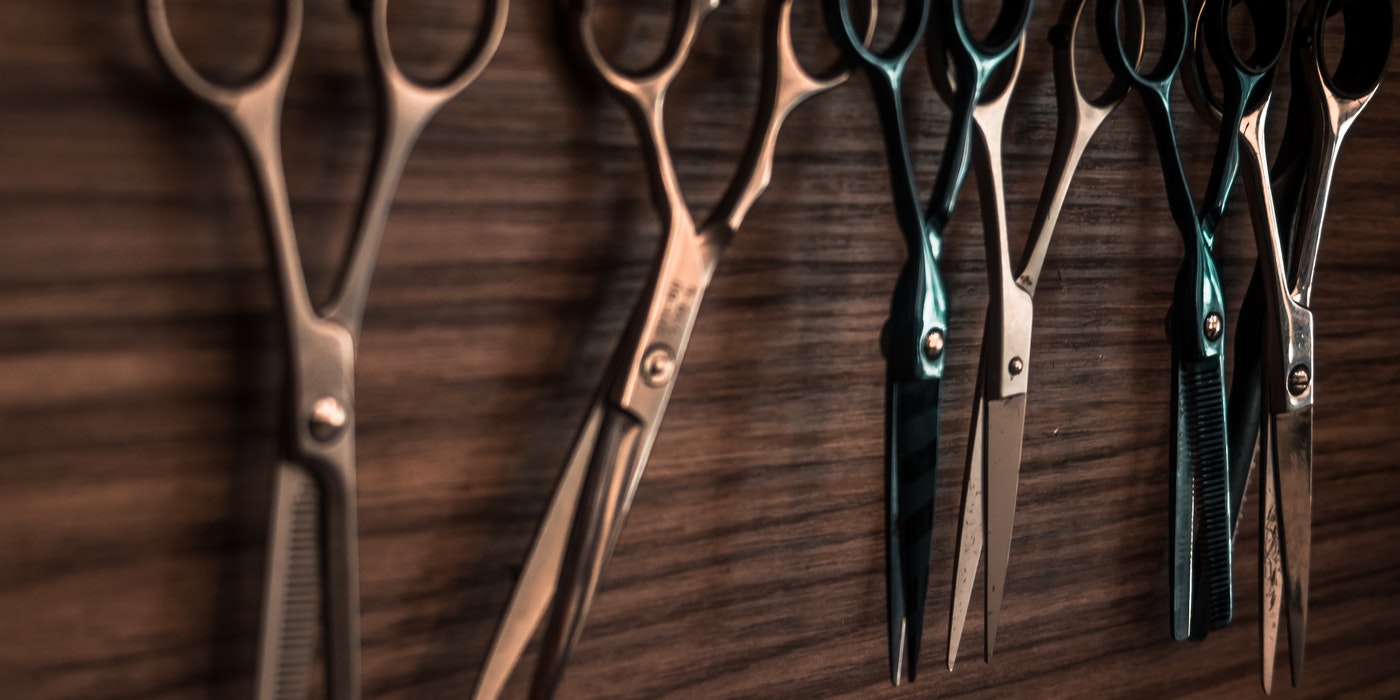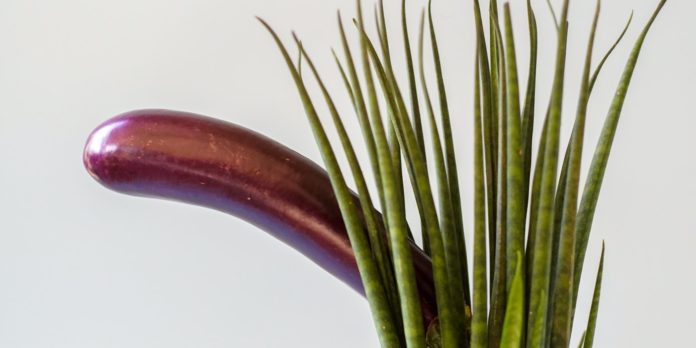How to Care for the Penis
It`s common to find most people attach penis health strictly to erectile dysfunction and sexually transmitted infections, however, there`s more to penis health. A number of factors such as lifestyle changes, hygiene practices, and underlying health conditions may affect penis health, and in turn, affects your erection, fertility, and ability to urinate comfortably. Paying low or zero attention to penis health puts people at risk of STIs and penile cancer. If you`ll be paying attention to penis health, then you should know the factors that affect the health of the penis.
6 Factors that Affect Penis Health
Age
As men get older, they`re more likely to suffer sexual dysfunctions like erectile dysfunction because their testosterone levels will gradually decline over time.
Hygiene
Practicing good hygiene is vital for your penis health. Wash your penis and groin area thoroughly and regularly to prevent infections. Poor penis hygiene can cause a build-up of smegma below your foreskin. The build-up of smegma can cause discomfort and inflammation.
Health Conditions
Diabetes, high blood pressure, and some neurological conditions may cause anxiety, depression, and erectile dysfunction.
Medication
 Some medications have side effects that affect penis health, such as erectile dysfunction. If you notice this while on a medication, ensure you speak with your doctor.
Some medications have side effects that affect penis health, such as erectile dysfunction. If you notice this while on a medication, ensure you speak with your doctor.
Hormone Levels
Hormone imbalance has a major impact on penis health because it can cause erectile dysfunction and low testosterone level, among other issues.
Sex
There are a number of issues around sex that can affect penis health. Rough sex, for instance, can harm your penis, while accidentally bending your erect penis can cause a penis fracture. What`s more? People who have unprotected sex with multiple partners are at risk of HIV, STIs, among other sexual health conditions.
6 Ways to Care for the Penis
Taking care of the penis entails a number of measures, including general health care because various health conditions affect penis health. Here are helpful tips on caring for your penis.
Eat Healthy Meals
Regular consumption of a balanced diet is essential in reducing the risks of heart disease and diabetes which may cause erectile dysfunction. People who consume flavonoids regularly are less likely to develop erectile dysfunction and low testosterone levels. To boost your penis health, try consuming avocado, spinach, and capsaicin.
Stay Hydrated
Hydration is highly important for your overall health, as well as your penis health. Drink at least six glasses of water daily to keep your health in great shape.
Exercise Regularly
Men who exercise regularly are less likely to have penis health issues. You could go on daily walks or do pelvic floor exercises to improve your ability to get and maintain an erection. You may also practice basic Kegel exercises by squeezing the muscles you use in urinating. Squeeze for five seconds, relax, and repeat for 10 rounds. It`s that simple! Try it two or three times every day.
Manage Stress Effectively
Stress and anxiety are terrible enemies of your overall health, and particularly your sexual performance and fertility. There are measures you can take to manage stress. Deep breathing, spending time with loved ones, meditating, and getting adequate sleep are great for destressing and improving your penis health. Sleep deprivation particularly causes low testosterone and other hormonal imbalances that are detrimental to penis health.
Maintain a Healthy Weight
Maintaining a healthy weight lowers your chances of having diabetes, heart conditions, and high cholesterol. This, in turn, enriches your penis health.
Don`t Smoke
Smoking disrupts the heart’s autonomic function, and as a result, causes erectile dysfunction and affects fertility.
How to Wash your Penis
Wash your pubic area with warm water and mild soap. Avoid harsh soaps and rigorous scrubs because the skin around there is sensitive, and can get easily irritated. Here are tips for washing your penis thoroughly:
- Wash the skin around the base of the penis, the skin between your thighs, as well as your pubic mound, to get rid of the sweat and dirt that collect here.
- Wash the shaft of your penis thoroughly.
- If you have a foreskin, pull it back gently and wash it to prevent the build-up of smegma and avoid balanitis.
- Wash your scrotum and the skin around it.
- Wash your perineum thoroughly. That`s the piece of skin between your scrotum and anus.
- Wash the skin around your anus, as well as between your butt cheeks.
- Bathe regularly, and wash your penis every time you do.
- Examine the skin around your groin for STI symptoms such as rashes, blisters, warts, and unusual discharge.
How to Groom your Pubic Hair
Shaving
There are precautions you can take to avoid getting a rash after shaving. Shave in the same direction that your hair grows and use a shaving cream or apply cortisone cream after to reduce irritation. Don`t share razors with anyone, not even your partner, and always disinfect them before use.
Chemical Hair Removal
Hair removal cream breaks down the proteins in the hair to enable proper removal. Even though it`s an effective way to remove hair, some removal creams irritate the skin. Stop using the cream once you notice chemical allergies. If your skin is sensitive, you might need to be extra careful when choosing a hair removal cream.
Trimming
 It`s okay if you don’t want to remove the hair entirely; you can trim it with an electric trimmer or a pair of scissors. Disinfect the scissors before and after use, and use them for grooming only to avoid contracting germs.
It`s okay if you don’t want to remove the hair entirely; you can trim it with an electric trimmer or a pair of scissors. Disinfect the scissors before and after use, and use them for grooming only to avoid contracting germs.
Waxing or Threading
Waxing entails applying warm wax to the skin and pulling the hair out from their follicles, while threading requires twisting thread around the hair and pulling them out by the root. Both can be uncomfortable, depending on your pain threshold. If you don`t do them properly, these removal methods could cause swelling and rash. You could visit a professional waxer or threader if you want a proper job done down there.
Some Penis Facts you Should Know
- Uncircumcised penises are more susceptible to STIs and balanitis.
- Circumcised penises are more likely to get irritated or chafed, so you`re advised to always wear loose-fitting, cotton underwear.
- Frequent sex has numerous health benefits and can boost your sex drive, however, there’s no evidence that chastity can damage the penis.
- Perceived ejaculate volume reduction (PEVR) causes a reduction in the volume of semen ejaculated.
- PEVR could be caused by diabetes, depression, side effects of some medications, and certain testicular conditions.
- Tomatoes and carrots can increase sperm count and motility.
- There`s no scientific information to prove that being a grower or a shower is better or healthier.
- Clear urine could mean you’re overhydrated, yellow to amber urine is usually normal, while orange or brown urine could mean you’re dehydrated.
- Bloody, cloudy, green, or blue urine could be signs of an infection or a health condition.
- Frequent urination could be a sign of interstitial cystitis, urinary tract infection (UTI), or diabetes.
- The groin might naturally smell a little like sweat, as it’s common to sweat in that area. You can stop the smell in the groin by washing it thoroughly every day.
- If the smell in the groin is really bad and consistent, it may be an indicator of a condition such as balanitis, gonorrhea, UTI, yeast infection, or chlamydia.
- Many STIs are asymptomatic, and as a result, you may not have any noticeable symptoms.
- You are advised that you and every new partner gets tested before having sex with each other.




